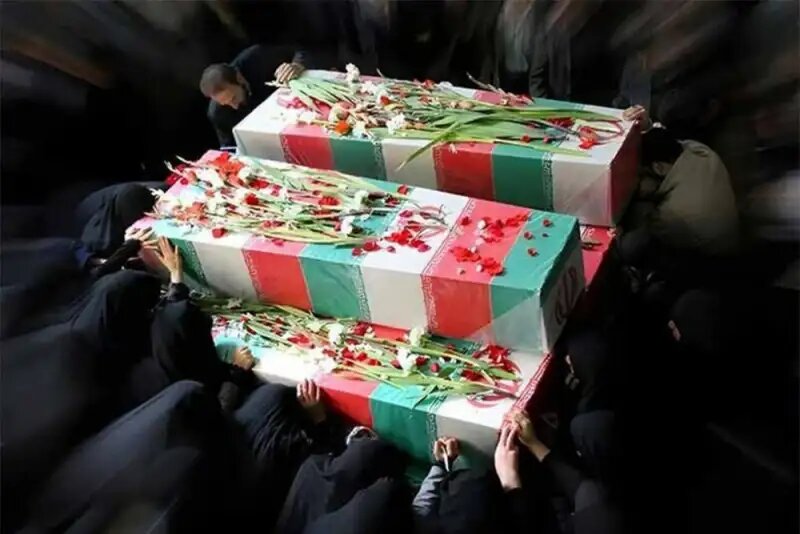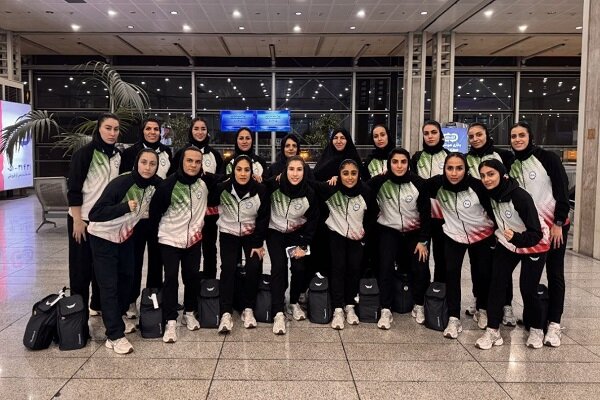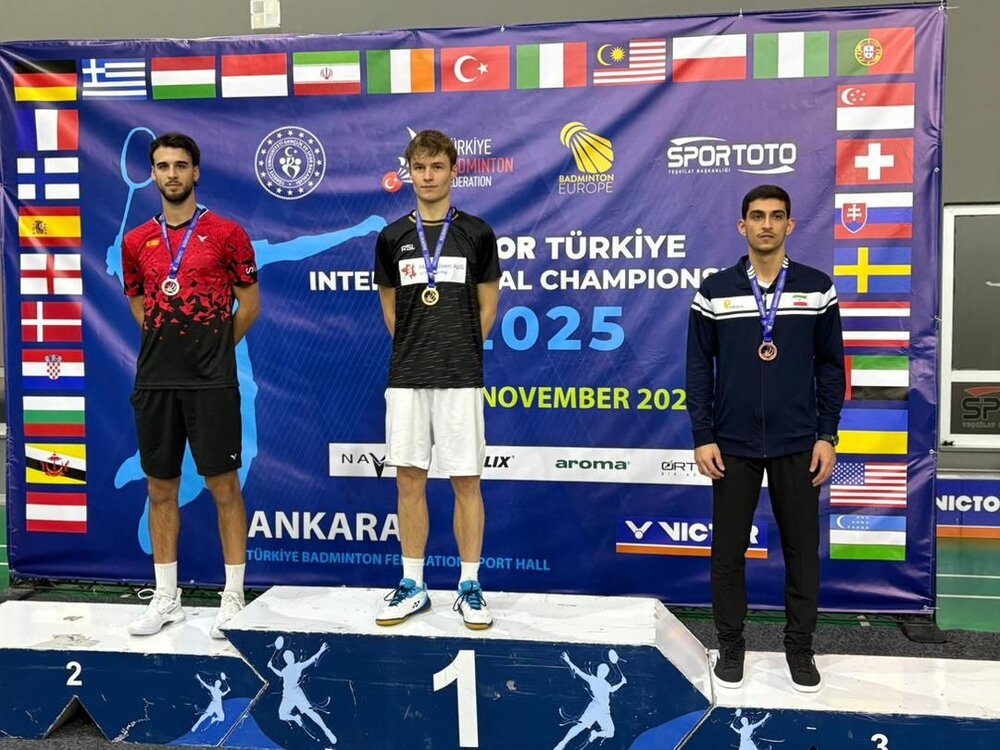The six high-profile Palestinian prisoners being negotiated over
The six high-profile Palestinian prisoners being negotiated over

The first phase of a ceasefire in Gaza has taken effect, with a prisoner exchange now set to follow in the coming days.
At 12pm local time, the truce began, with Israeli tanks pulling back from al-Rashid Road, which runs from Gaza's north to south.
The next stage of the agreement, the prisoner exchange, is scheduled to take place on Monday at midday, 72 hours after the ceasefire between Israel and Hamas officially began.
It will include the release of the estimated 20 living captives, as well as several bodies of dead Israelis held in Gaza, believed to be 28 others.
In exchange, Israel will release around 2,000 Palestinian prisoners, including 250 serving life sentences and hundreds of men, women and children seized from Gaza and held without charge.
Late on Thursday night, Israel’s justice ministry published a list of names of prisoners set to be freed.
But the Hamas prisoners’ media office responded by saying that no agreement had been reached on the names, and any lists being circulated were inaccurate.
“These lists are being promoted by the occupation in an attempt to exert pressure and disrupt the course of negotiations,” it said.
Reports indicate that Hamas is pushing for the release of a number of high-profile political and military figures, whilst Israel is objecting.
Middle East Eye takes a look at six of those figures currently being discussed in negotiations.
Marwan Barghouti
Barghouti is the highest-profile name being negotiated over in the prisoner exchange deal.
He is currently the most popular Palestinian political figure according to numerous polls.
Born in the West Bank city of Kobar in 1962, he became a student organiser at Birzeit University in the early 1980s, joining the Fatah political faction.
In 1987, he was deported by Israel to Jordan, from where he was part of Fatah’s senior leadership abroad. It was only after the Oslo Accords were signed in 1993 that Barghouti returned to Palestine.
He became secretary general of Fatah the following year, and was elected to the Palestinian Legislative Council in 1996.
When Al-Aqsa Martyrs Brigade, the armed wing of Fatah, carried out several attacks during the Second Intifada in March 2002, Israel arrested Barghouti and accused him of organising them.
He is currently serving five life sentences, after Israel convicted him in 2004 of several counts of murder - charges he has long denied.
He offered no defence in his trial, refusing to recognise Israeli jurisdiction over Palestinians in the West Bank.
Barghouti, 66, would be a shoo-in for the Palestinian presidency if elections were held and he were able to run for office.
He is seen as a unifying figure despite identifying with Fatah, which is associated with the deeply unpopular Palestinian Authority (PA).
Sources close to Barghouti told MEE that the Israeli prime minister’s office unilaterally removed his name from the prisoner exchange list at the last minute.
Ahmad Saadat
Like Barghouti, Ahmad Saadat’s name has been raised in negotiations for prisoner exchanges for over a decade.
Saadat has been the general secretary of the Popular Front for the Liberation of Palestine (PFLP) for more than 24 years.
Born in 1953 in al-Bireh, near Ramallah in the West Bank, he joined the PFLP a few years after the Marxist-Leninist party formed in the late 1960s.
He rose in the ranks of the party, whilst being repeatedly imprisoned by Israeli authorities.
In August 2001, he became the leader of the PFLP after Israel assassinated his predecessor, Abu Ali Mustafa, using rockets fired from two Apache helicopters.
The armed wing of the PFLP responded to the assassination by killing Rehavam Zeevi, then a far-right Israeli tourism minister.
Israel accused Saadat of masterminding the revenge attack on Zeevi.
PA forces began rounding up PFLP members following the attack, and eventually detained Saadat.
From a PA prison, Saadat ran in the 2006 Palestinian election and was elected as a member of the Palestinian Legislative Council.
In March that year, Israeli forces invaded the Jericho prison he was held in and abducted Saadat after an hours-long standoff.
Two years later, he was sentenced to 30 years, charged with terrorism and responsibility for attacks carried out by PFLP members, including the killing of Zeevi.
He has frequently been held in solitary confinement, and has launched several hunger strikes whilst in custody.
Abdullah Barghouti
Abdullah Barghouti is serving the longest prison sentence of anyone currently held in Israeli custody.
While his family originates from the Beit Rima village near Ramallah, Barghouti was born in Kuwait in 1972 and is not related to Marwan.
He moved to the West Bank in the late 1990s, and soon became involved in Hamas’s armed wing, al-Qassam Brigades.
He was widely referred to as one of Hamas’s key bomb makers, and was accused of involvement in a string of attacks in the early 2000s that killed dozens of Israelis.
He was arrested by Israel’s Shin Bet security service in March 2003. Barghouti was later handed 67 life terms, in addition to 5,200 years in prison.
Earlier this year, MEE reported that he had endured severe physical abuse in prison at the hands of Israeli guards in Gilboa Prison.
His daughter said he was tortured for hours with iron rods and belts, leaving physical marks on his body and causing multiple fractures.
He has spent most of 23 years in prison in solitary confinement.
Hassan Salameh
Like Abdullah Barghouti, another prisoner serving a very lengthy sentence is Hassan Salameh.
Born in the Khan Younis refugee camp in southern Gaza in 1971, he got involved in Palestinian resistance movements after the outbreak of the First Intifada in 1987.
He became a leading figure in al-Qassam Brigades, and in 1996 was convicted by Israel of orchestrating a number of suicide bombings that killed and wounded scores of Israelis.
Salameh said that attacks were in response to the Israeli killing of Hamas bombmaker Yahya Ayyash earlier that year.
He was sentenced to 48 life terms in prison, and his name has frequently come up in discussions since the 2011 Gilad Shalit prisoner exchange agreement.
Ibrahim Hamed
Ibrahim Hamed is currently serving 54 life sentences in an Israeli prison.
Born in 1965 in Silwad, near Ramallah, he graduated from Birzeit University and later became active in al-Qassam Brigades.
After Israel killed brothers and Hamas commanders Imad and Adel Awadallah in 1998, Hamed became the head of the group's armed wing in the West Bank.
Israeli authorities hold him responsible for a number of attacks during the Second Intifada in the early 2000s, which resulted in the deaths of dozens of Israelis.
He was on Israel’s most wanted list for eight years, until he was arrested in 2006.
In 2012, he was handed 54 life terms on charges of being responsible for the killing of 46 Israelis and wounding hundreds more.
Abbas al-Sayed
Abbas al-Sayed has been held in Israeli prisons for over 23 years.
Born in Tulkarm in the West Bank in 1966, he too became a prominent figure in Hamas’s armed wing in the 1990s.
He was imprisoned in May 2002, and later sentenced by an Israeli court to 35 life sentences and an additional 100 years in prison.
He was charged with orchestrating attacks against Israelis, including the 2002 Park Hotel bombing in Netanya, which killed 30 Israelis and wounded 160 others.
During his imprisonment, he led hunger strikes and was seen as a key organiser among Palestinian prisoners.
Since October 2023, he has been held in solitary confinement, and Palestinian prisoner groups say he has been subjected to beatings and medical neglect.
















